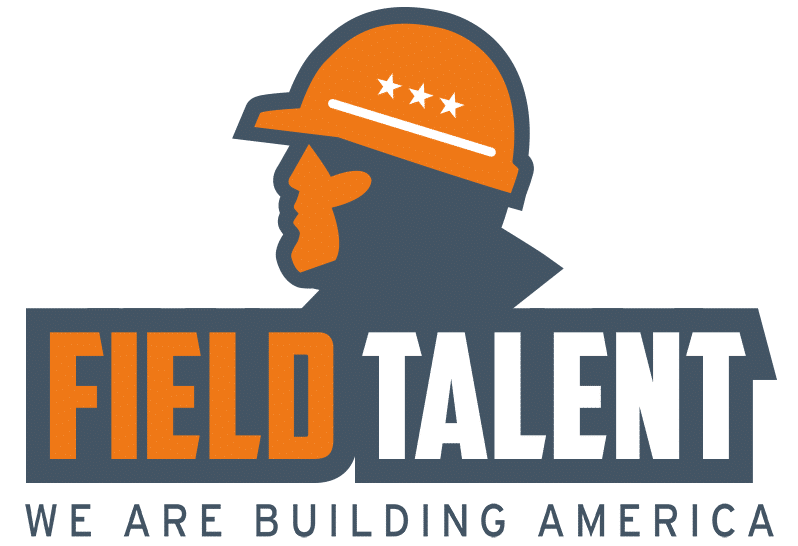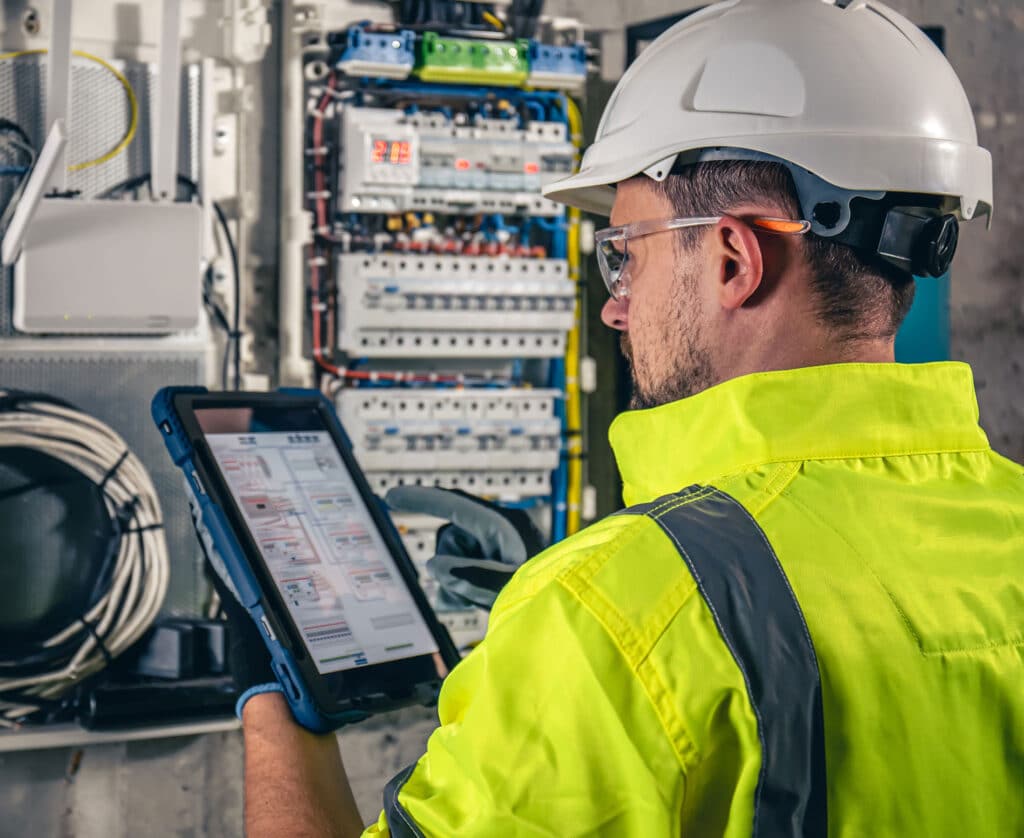An electrician is a skilled professional who handles various issues involving electrical power. The main responsibilities include installing, maintaining, and repairing electrical equipment.
Electricians have the skills required for modern life to efficiently function. Extensive training and strict qualifications are required to develop the technical knowledge and abilities to perform the tasks.
Career Levels for an Electrician
An electrician’s experience and licensing determine which career level they are at:
- Journeyman electrician is the most basic level. This professional completed an apprenticeship and has a license. They can work independently but not train apprentices, lead job sites, or pull permits for electrical work.
- Master electrician is the middle level. Although specific requirements vary by state, this professional typically has 2 years of experience and passed an exam. They can offer training to apprentices, lead job sites, and direct electrical teams.
- Independent electrical contractor is the most advanced level. This professional can own a business and hire teams of electricians to complete jobs.
Generalized and Specialized Roles for Electricians
An electrician can take on generalized roles or specialized roles in one of the following areas:
- A residential electrician installs, maintains, and repairs the wiring and electrical systems in homes and small apartment buildings.
- A commercial electrician handles electrical issues in commercial buildings.
- An industrial electrician performs electrical work in large facilities that have large machinery and equipment, such as manufacturing facilities, power plants, and chemical plants.
How to Start a Career as an Electrician
You can begin building a career as an electrician with these steps:
- Earn a high school diploma or equivalent. Focus on subjects such as English, algebra, trigonometry, physics, shop, and mechanical drawing.
- Consider attending a trade or vocational school. Gain the education and training required to become an electrician. You could earn a certificate or diploma relevant to your career path.
- Secure an apprenticeship. Apprenticeships are available through trade schools, unions, and non-union organizations.
- Register as an electrician apprentice. Check your state’s requirements to work on job sites.
- Complete your apprenticeship. Finish the classroom instruction, on-the-job training, mentorship, and supervision from a master electrician and pass the exam.
- Get licensed or certified. Check your state’s requirements to work on job sites.
Develop Hard and Soft Skills
Technical skills needed for a career as an electrician include:
Safety awareness
- Work with high-voltage electricity
- Adhere to stringent safety protocols
- Implement situational awareness
Physical fitness
- Climb ladders
- Work in confined spaces
- Lift heavy equipment
- Work for extended periods in uncomfortable positions
Electrical knowledge
- Understand electrical systems, including wiring, circuits, and electrical codes and regulations
- Read electrical blueprints and schematics
- Understand electrical theory and principles
Problem-solving
- Diagnose and fix electrical problems
- Troubleshoot complex issues
- Develop and implement solutions
Hand-eye coordination
- Precisely and accurately work with small, delicate parts and tools
- Handle delicate wires and cables
- Manipulate small components
Are You Ready to Begin a Career as an Electrician?
Field Talent has a range of roles to benefit your career as an electrician. Visit our job board today to see which roles interest you.




